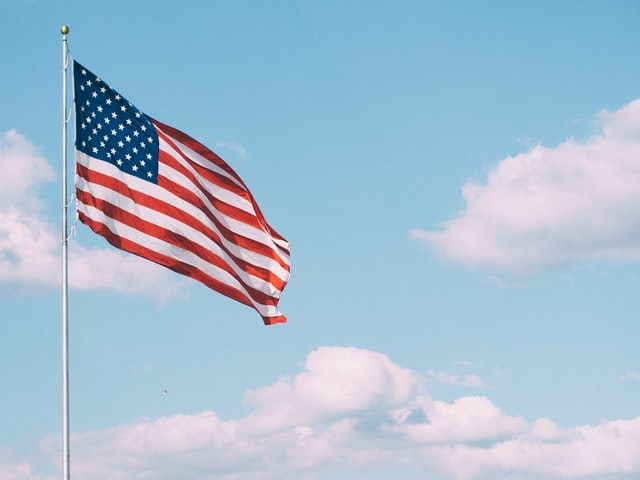Most of us have read all or part of The Declaration of Independence and the United States Constitution at some time in our life, but how many of us truly understand the history of how and why they were written?
It began in 1776 when an idea for the 13 Colonies ‘need not be under the rule of the Royal Crown’ anymore, was introduced in the Second Continental Congress. Five members were appointed to draft a Declaration of Independence. Ben Franklin, Robert Livingston, Roger Sherman, John Adams, and Thomas Jefferson in a collective effort presented their work to the entire 55 member Congress for review and edit. A popular summation of their grievances was perfectly stated.
We hold these truths to be self-evident, that all men are created equal, that they are endowed by their Creator with certain Unalienable Rights, that among these are Life, Liberty and the Pursuit of Happiness.
Later, the foundation for the Constitution was based on this principle as well as six additional fundamentals noted in the preamble; Secure the Blessings of Liberty, Promote the General Welfare, Insure Domestic Tranquility, Establish Justice, Provide for Common Defense, and to Form a More Perfect Union.
Many years have passed, and one must wonder if we have ever achieved these goals. Today, there appears much work to be done.
The basis for this Declaration was primarily about Freedom, or lack of; that’s why most traveled to the new world to start with, to escape dictators and unequal rule of law.
The Founding Fathers had different backgrounds and belief systems. They were well-schooled and experienced in world history. They understood why and how societies failed and what pieces succeeded. They used this knowledge and it took over ten years, with much discussion and debate, to complete the process.
The original immigrants to this country were rugged individuals and fiercely independent. They expected freedom, not just for themselves, but for others as well.
During the ten years of ratification, in order to further understanding for the content of The Constitution, The Federalist Papers were published. Guided under the name of Publius, from the Roman Empire, and authored by Alexander Hamilton, John Jay, and James Madison. These 85 articles attempted to explain the meaning and to provide vision for the future. The Anti-Federalists wanted as little government as possible, which was originally reflected in the Articles of Confederation, but a need for a little more central government was conclusively acknowledged.
The final arguments created three branches of government, our present United States of America Constitution, and ten amendments known as the Bill of Rights; completed in 1787 and ratified by all Colonies in 1790. It established the rule of law, a system for changes to the constitution, and guidelines for continuation of a more perfect union.
It’s natural for us to want others to think and act like us, and in the past, people respected others beliefs and actions as long as it didn’t harm others.
One has to wonder how we deviated so far from this thought? We hear the word ‘divisiveness’ too often and we put labels on everyone. Labeling in itself is dividing and inherit in its meaning is to separate one from another. If this is true, we need to stop putting labels on people and treating others as different from us. If we are equal, then no one is special and no one should expect to be; doing so is simply divisive.
We can have a conversation about what our economic system should look like; whether we continue with Capitalism and more freedom, or move closer to Socialism and dependency. This is a discussion of how we want to live, but it isn’t about who we are. History is well written about these subjects and it is an important read for all those who want to have a discussion on individual or collective rights.
Everyone should have permission to choose their path, providing they don’t harm another person or property; this is if we want the Preamble to unfold. I’m curious, why do we think it’s all right for one person to project their belief on another, shame them if they don’t go along, and why do we, as individuals or as a country, accept that behavior?
And, when did the Rule of Law become an option? Law and Order is the only thing that separates us from anarchy and totalitarianism. It must apply to everyone, all the time, and without exception. It is our foundational principle.
In order for us to be a more perfect Union and a Civilized World, we must strive to create an environment for everyone to experience Life, Liberty and the Pursuit of Happiness as they chose. Perhaps we could revive the word Respect; this is for all individuals, for our Country, for our history, and for us in our personal lives.
With that said, may I remind you that homeownership is the greatest of all freedoms; nowhere in the world does it exist as it does here in the USA.
Tony Ratchford, The Ratchford Group, KW Realty Sioux Falls

